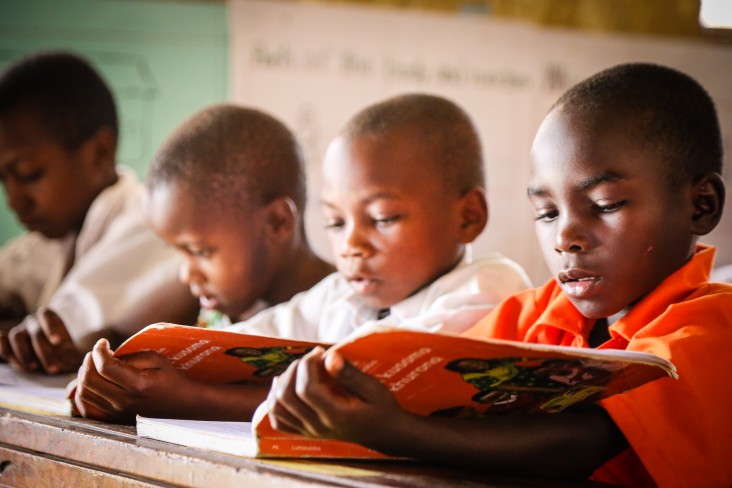Speeches Shim

When disasters, conflicts and other crises occur, women and children often suffer the most. Children can experience violence, abuse, neglect and exploitation, all of which can have a devastating effect on their lives. And far too often, the structures and systems meant to protect children against abuse are rendered less effective in times of emergency.
On March 31, 2020, non-essential services in Uganda, including schools, were closed to help prevent the spread of COVID-19. Now, 15 million children are at home, with basic care needs normally met by schools falling to families. And while such lockdown measures have helped to contain the spread of COVID-19 in Uganda, reports of child rights violations have increased.
Unfortunately, government frontline social workers—those with the mandate to monitor cases of violence against children—were classified as non-essential. This resulted in the temporary closure of the national child toll-free helpline, 116, which is used to monitor cases of violence against children. The helpline remained closed for two weeks, making it difficult to monitor new cases, including those potentially associated with COVID-19 stressors, such as loss of income and close-quarters living, among others.
The Coordinating Comprehensive Care for Children (4Children) project—which is funded by USAID and the U.S. President’s Emergency Plan for AIDS Relief (PEPFAR)—recognized the urgent situation and worked with partners to reopen the helpline.
4Children engaged with partners to help government social workers, namely probation and social welfare officers, to work remotely during the lockdown. “We rapidly shifted to a virtual mode of technical assistance, which included initiating weekly phone check-ins, establishing a WhatsApp group, and sending out regular emails to continue monitoring and supporting the child protection response,” project director Michelle Ell says. Additionally, 4Children supplied frontline social workers with mobile data, which enabled them to continue to work remotely. The project also mobilized additional funding to purchase protective materials such as hand sanitizer and infra-red thermometers, critical needs identified by the helpline’s management.
As of April 21, 2020, three weeks into the lockdown, probation and social welfare officers in 24 districts have handled 289 child protection cases. Of these, 94 cases were child neglect, 93 were gender-based violence cases, and 30 cases were child defilement/child rape. Other cases reported were child separation, child desertion, child torture, child labor, and child trafficking.
Thanks to USAID and PEPFAR funds and support, 4Children can continue its important work with partners to strengthen the child protection system and build on the progress made since the project started in Uganda in 2017.

Comment
Make a general inquiry or suggest an improvement.